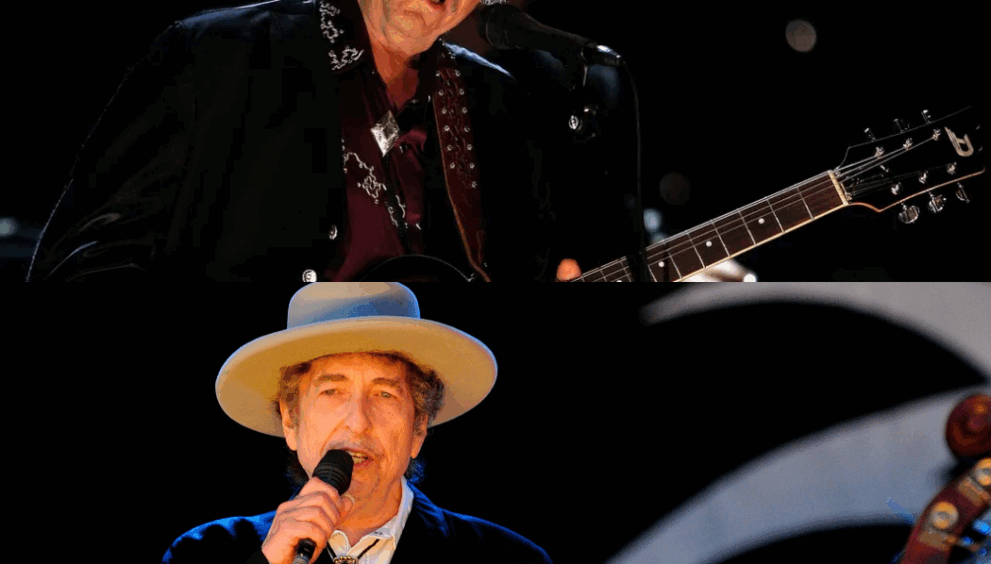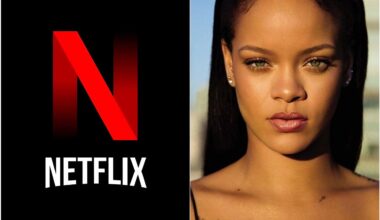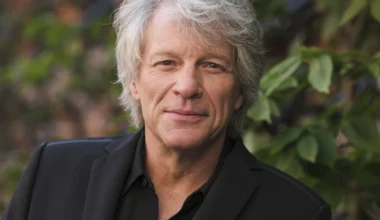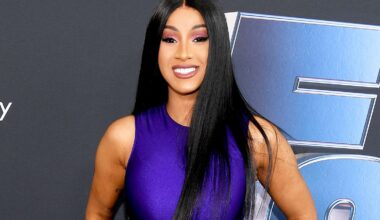In a move that stunned the music industry and sent shockwaves through the world of publishing rights, Bob Dylan has sold his entire songwriting catalog — more than 600 songs spanning six decades — in a deal reportedly worth hundreds of millions of dollars, raising urgent questions about legacy, ownership, and the future of creativity in the streaming age; what does this landmark sale mean for Dylan, his fans, and the value of artistic control in a rapidly shifting industry? Explore the motivations behind the deal and why so many artists are now following in Dylan’s footsteps — click the link to read the full story.

In a move that stunned the music industry and sent shockwaves through the world of publishing rights, Bob Dylan has sold his entire songwriting catalog — more than 600 songs spanning six decades — in a deal reportedly worth hundreds of millions of dollars, raising urgent questions about legacy, ownership, and the future of creativity in the streaming age; what does this landmark sale mean for Dylan, his fans, and the value of artistic control in a rapidly shifting industry? Explore the motivations behind the deal and why so many artists are now following in Dylan’s footsteps — click the link to read the full story.
Bob Dylan Sells His Songwriting Catalog in Blockbuster Deal
When news broke that Bob Dylan had sold his entire songwriting catalog in a record-breaking deal with Universal Music Publishing Group, the reaction was immediate and intense. For many fans, it felt like the end of an era. For the music industry, it was a defining moment — one that signaled a major shift in how legacy artists are rethinking their relationship with ownership, control, and future revenue.

The deal, confirmed in December 2020, reportedly involved over 600 songs written by Dylan throughout his legendary career, including classics like “Blowin’ in the Wind,” “Like a Rolling Stone,” “Tangled Up in Blue,” and “Knockin’ on Heaven’s Door.” Though the exact figure was not publicly disclosed, it is widely believed to be worth between $300 and $400 million, making it one of the largest acquisitions of music publishing rights in history.
Why would Bob Dylan — the Nobel Prize-winning, fiercely independent songwriter known for his deep skepticism of institutions — choose to sell the rights to his life’s work?
The answer is complex, and it reflects the changing economics of music in the digital age.
Dylan, who turned 79 the year the deal was made, has always been one to stay a few steps ahead of the curve. In an era where streaming dominates, physical sales have declined, and royalties have become increasingly fragmented, selling a catalog outright can offer something rare: certainty. A lump sum payout offers both financial security and estate clarity. It simplifies matters for heirs, especially when the catalog in question spans six decades and includes rights that are hard to track and harder to manage.

But beyond practical reasons, Dylan’s decision may also reflect a changing philosophy about artistic legacy. By selling the rights, Dylan can ensure that his songs — many of which have become cultural touchstones — are managed, licensed, and promoted by a powerful company with global reach. Universal Music Publishing now has the ability to place Dylan’s songs in movies, television, commercials, and more, expanding their reach to younger generations who may not yet fully grasp the scope of his influence.
Of course, this move sparked backlash among some purists. For fans who grew up idolizing Dylan as the ultimate anti-establishment figure, it felt strange — even ironic — to see him enter into a massive corporate agreement. But others argue that Dylan’s choice is simply pragmatic. After all, ownership of a song doesn’t always mean control. With a skilled publishing partner, Dylan’s work might find new life in places and formats he never imagined.
He’s not alone in this trend. In the years since Dylan’s sale, artists including Stevie Nicks, Neil Young (who sold a 50% stake), Paul Simon, Shakira, Justin Timberlake, and Bruce Springsteen (in a separate deal worth a reported $500 million) have all made similar moves. A new market has emerged for music catalogs, especially those from legacy artists whose songs have proven value over decades. Private equity firms and major music companies see catalogs as stable, long-term investments in an unstable market.
So what exactly does Universal get in this deal?
They receive the rights to license Dylan’s songs in any number of commercial contexts. This includes film, TV, advertising, streaming platforms, video games, cover versions, and more. Any artist who wants to record a Dylan song — or use it in a film — will now go through Universal. The company will also collect royalties from those licenses. In return, Dylan receives a massive financial return and the comfort of knowing that a global entity is handling the complex business of song rights.

What Dylan didn’t sell, however, is worth noting. He retains his recording rights — the master recordings — for the vast majority of his albums, which are handled through Columbia Records and Sony. So while he has given up control of the songwriting rights (the composition, lyrics, and melody), he still retains influence over the recordings themselves.
There is also the legacy factor to consider. Dylan’s songs are more than popular; they are part of the cultural DNA. They’ve been covered by countless artists across genres and languages. Selling the catalog doesn’t erase that impact — in fact, it may extend it. With Universal’s promotional power, these songs could reach new listeners, appear in unexpected places, and be rediscovered again and again.
This moment also invites reflection on what it means to “own” art. In the age of NFTs, streaming services, and TikTok remixes, artistic control is more complicated than ever. Dylan’s deal reminds us that even the most iconic, seemingly untouchable works are part of a dynamic, often capitalist system. Songs, no matter how sacred, are also assets — and how they’re managed can influence how they survive.
Still, there’s something poetic about Dylan’s choice. He began as a folk singer borrowing melodies from tradition, shaping old forms into new meaning. Now, he’s passed those songs along, not to a folk community, but to a corporation — perhaps trusting that the culture he once rebelled against is now the best way to preserve what he created.
Or maybe he just saw the writing on the wall.
In any case, Dylan’s songs — the ones that changed music, literature, and generations — are not going away. Whether sung around campfires, licensed in car commercials, or quoted in graduation speeches, they’ve become part of something larger than their creator. In selling his catalog, Dylan may have simply acknowledged that truth: the songs now belong to everyone.





